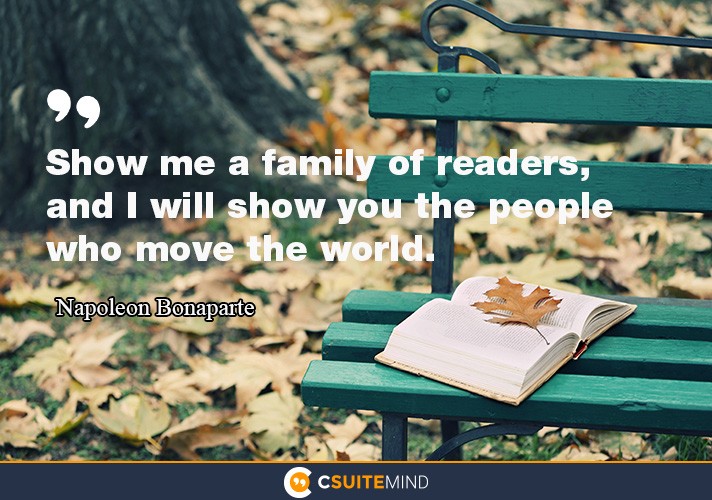A recent article in The Atlantic discusses the factors that contribute to whether a child grows up to become “a reader” or not. “Why Some People Become Lifelong Readers” summarizes many of the socio-economic benefits of being a reader as well as some of the factors that positively impact a child’s development.

TLDR (Too Long, Didn’t Read): a huge part rests on how parents and other caregivers present the activity of reading. But fear not! They provide some practical tips and reassurances:
“So many parents are stressed out by all the research out there that says that reading is tied to things like academic success, testing success, executive function, and emotional well-being,” Paul told me. “Knowing all of that makes parents think, ‘Okay, my kid has to be a reader.’” That mentality can lead them to frame reading to their children as an obligation. “Kids basically perceive that right off the bat—children know, for example, if you’re trying to get them to eat something that’s good for them,” Paul said; the aim is to present reading not as “spinach,” but as “chocolate cake.”
Reading will seem more like chocolate cake if it’s something that parents themselves take part in happily and regularly. “When I’m sitting there on my couch, reading a book, and my kids are doing their own thing, I like to think, ‘I’m parenting right now—they can see me reading this book,’” Russo told me. Similarly, Paul said that if “right after dinner, the first thing you do is scroll through your phone, open up your laptop, or watch TV,” kids are likely to take note. Parents are constantly sending their children messages with how they choose to spend their free time.
Parents don’t have to have grown up avid readers themselves to raise avid readers. Paul and Russo both suggested a bunch of things that parents can do to make reading seem exciting and worthwhile: talk about books during meals or car rides, indicating that they’re just as compelling a subject of conversation as the day’s events; make regular stops at libraries and bookstores, and stay a while; and give books as birthday gifts.
The article finishes with the suggestion to “seed” books around the home, with the point that it’s very hard for a child to be bored when they are surrounded by books.
I wonder if anyone in the Quilchena community have other suggestions of how to increase the reading culture at home. You can share your successes in the comments.